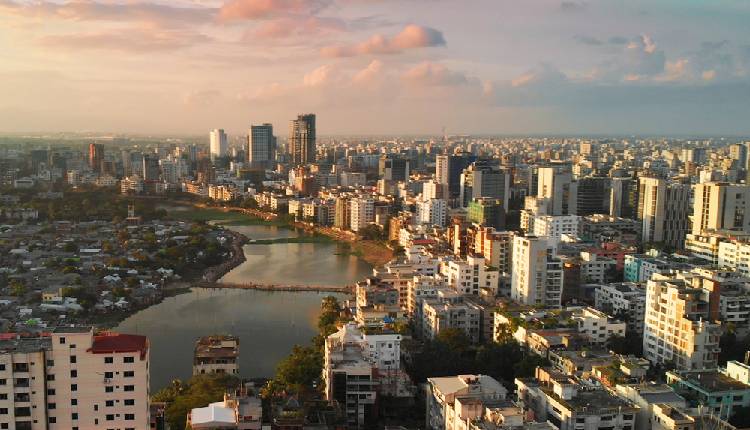The International Monetary Fund (IMF) reached on Wednesday a staff-level agreement with Bangladesh for an additional $750 million in financial assistance, aimed at addressing the country’s external financing needs and supporting its economic stability.
The agreement, which brings total IMF support to $5.3 billion, is subject to approval by the IMF’s executive board and will release $645 million immediately upon completion of the third review of Bangladesh’s economic programme under the Extended Credit Facility (ECF), Extended Fund Facility (EFF), and Resilience and Sustainability Facility (RSF).
According to the IMF review, Bangladesh is facing significant economic challenges, including slow growth, high inflation, and pressure on foreign exchange reserves. Real GDP growth is projected to slow to 3.8 per cent in FY2025, before rebounding to 6.7 per cent in FY2026, while inflation is expected to remain at 11 per cent in FY2025 and decline to 5 per cent in FY2026.
To address these issues, the Bangladeshi government has committed to fiscal reforms, tightening monetary policy, and restructuring the banking sector. These reforms aim to increase tax revenue, improve exchange rate flexibility, and reduce non-performing loans, alongside climate-focused growth initiatives.
The IMF delegation, which visited Dhaka from December 3–18, engaged with government officials and other stakeholders to discuss the necessary reforms to ensure long-term economic stability and growth.
Attribution: IMF
Subediting: Y.Yasser


